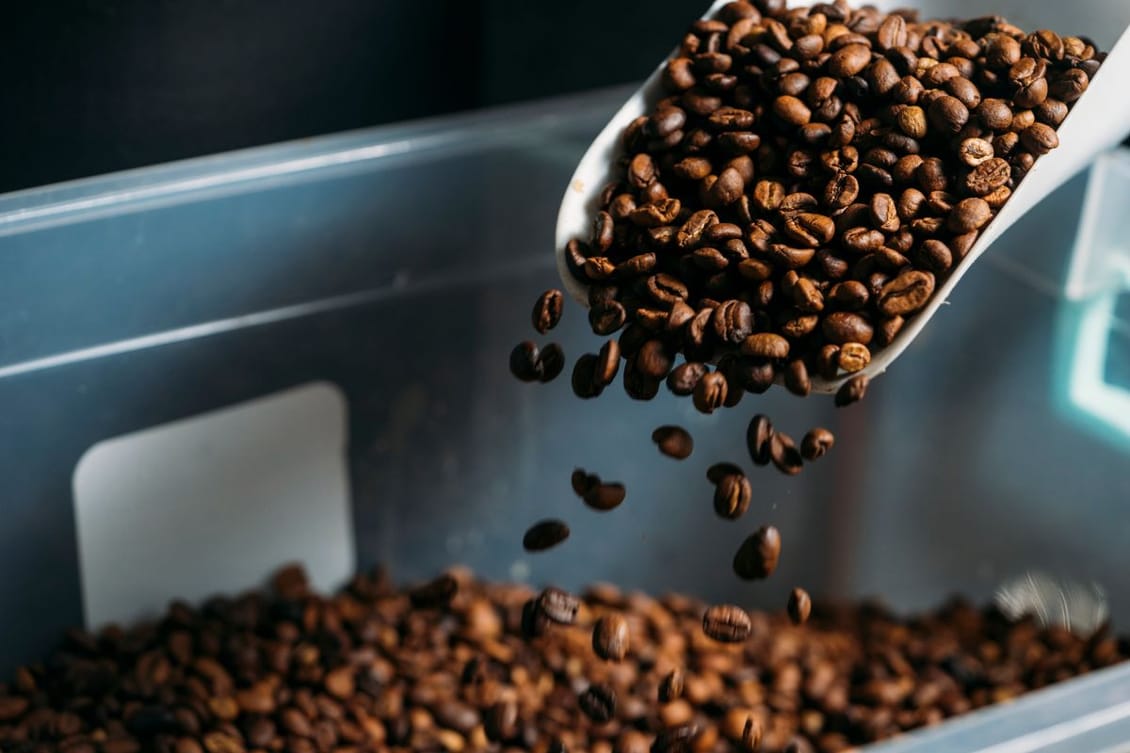
Let’s start with a few questions.
Q. What is an anthropologist?
A. An anthropologist is a researcher who studies the origins, development, and/or behaviour of human beings. A social anthropologist studies the social structures and behaviours of particular communities or groups, or the behaviours associated with certain aspects of culture – for example, the anthropology of food explores how food and social behaviour intersect.
Q. What is an ethnography?
A. An ethnography is a piece of work produced by an anthropologist (usually a book, a film, or a long-form article) to document their studies of a community or culture, and analyse the meaning and roots of the structures and behaviours they have observed.
Q. Why are we talking about anthropologists and ethnographies?
A. Because we want to tell you about our favourite food ethnographies. They tell the stories of food, relationships, and social life.
We’d love for you to read them – they offer unique, detailed, and invaluable insights into the incredibly powerful relationship between food and human culture. They’re really interesting. And you never know – they might inspire new ideas for you, as someone working closely with food.
So here they are.
Word of Mouth: What We Talk About When We Talk About Food by Priscilla Parkhurst Ferguson explores how important the way we talk about food really is – and how the social conversation around food influences its consumption.
Ferguson dives deep into language:
And the exploration is backed by an incredible depth and breadth of resources, evidence, and experiences – from first-hand interviews to the analysis of cookbooks, novels, essays, films, and even comic strips.
The ethnography focuses on food conversations in America. But there’s a strong French element, too.
“In the perceptive words of a great French chef, we eat more myths than calories. We eat, in sum, with our imagination.”
Did you listen to Steven Bartlett’s podcast episode with coffee expert James Hoffmann recently? We did. And it reminded us how complex and captivating the stories around coffee are. Every culture has a coffee story – including Japan.
Anthropologist Merry White’s ethnography, Coffee Life in Japan, weaves study of café society in Japan with White’s own memories. The book spans more than 130 years of coffee culture in Japan, and it highlights the culturally specific ways that the nation adopted, embraced, and adapted coffee.
You’ll be immersed in surprising themes, discovering the links between coffee and perfectionism, gender, privacy, modernity, social change – and more.
One point we loved in this book was the idea that a coffee shop is a kind of urban oasis, where you have personal moments and private experiences while actually being in public:
‘The drink that characterized these new spaces quickly became a “normal” beverage: like the café itself, coffee subtly lost its foreignness. Providing what one café historian in Japan calls “dry inebriation,” it was also seen as the drink of thoughtfulness, of solace, and it became associated more than any other drink with being “private in public.”’
Jeffrey M. Pilcher’s book, Que Vivan Los Tamales!: Food and the Making of Mexican Identity looks closely at the connections between what people eat and who they are.
As you might have guessed from the title, Pilcher does this with a focus on Mexico: exploring how food has played a pivotal role in shaping local identities throughout history, and right up to the present day.
If you’ve ever heard people say that food and social identity are inextricably intertwined, but you’ve never quite understood what that means – then this is a must-read.
Because you’ll learn about things you’d never even considered before.
But also, if you ever worry about what you’ll talk about when you get chatting with strangers at networking events and global food conferences, ethnographies are the answer. Read these, and you’ll be the most interesting person in every conversation.
See you at InFlavour 2024 to talk about food.
Take your seat at the InFlavour table, a government-backed and world-leading B2B food event by Tahaluf.
E-mail address SubmitWant to keep up to date with all our latest news and information? Enter your name below to be added to our mailing list.
E-mail address Submit